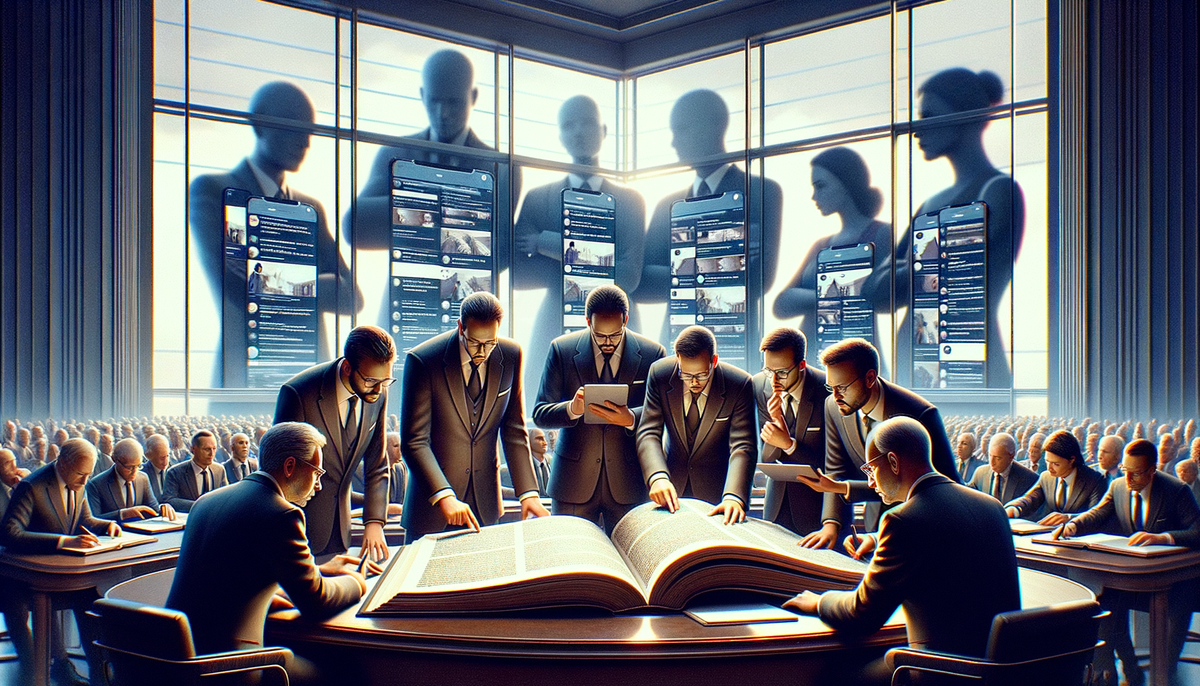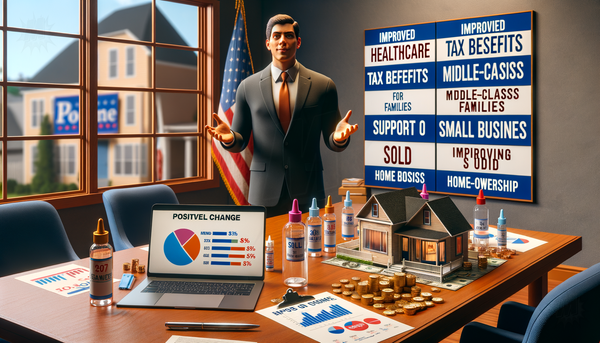Supreme Court Sets Limits on Public Officials Blocking Social Media Users

In a recent ruling, the US Supreme Court addressed the question of whether public officials can block critics on their personal social media accounts without infringing on First Amendment rights. The cases under scrutiny involved officials from California and Michigan who had blocked individuals from their social media accounts following critical comments. The Supreme Court's decision, which was unanimous and written by Justice Amy Coney Barrett, directed lower courts to revisit these cases with the understanding that public officials may block social media users under certain limited circumstances.
The court's ruling did not fully determine how the officials' actions might be assessed under the new standard; instead, it left that determination to the lower courts. The justices highlighted the ongoing debate about whether personal social media pages of public officials can be considered private or if they are an extension of their governmental roles, particularly when used as channels of communication about public business.
This ruling comes against the backdrop of prior incidents involving former Presidents Donald Trump and Barack Obama and their management of critics on social media platforms. In light of this decision, public officials using social media are cautioned that while they have some latitude to manage their accounts, they may face litigation as "state actors" if they improperly block individuals from accessing their social media feeds. The Supreme Court continues to grapple with social media-related free speech issues, suggesting that the boundaries between private and governmental conduct in the digital age remain an evolving legal frontier.




